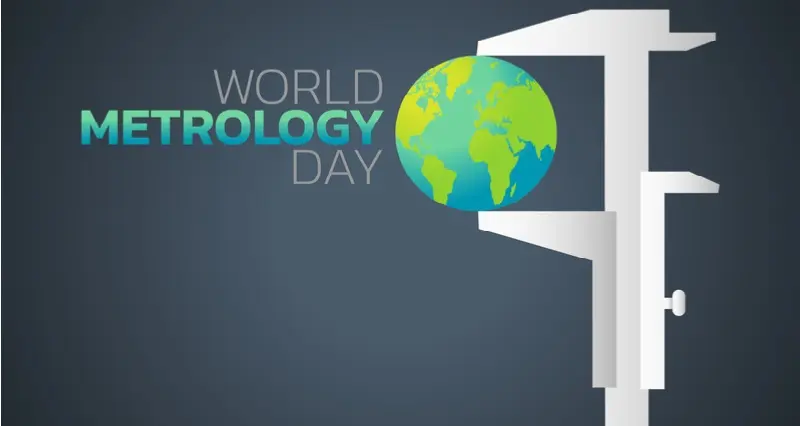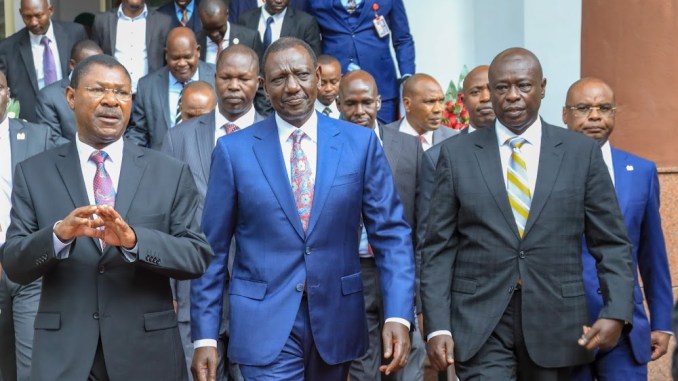President William Ruto today undertook an extensive assessment of the Mukuru Met Social Housing Project in Mukuru, Nairobi County, showcasing significant progress in the government’s ambitious Affordable Housing Project. This initiative is not only reshaping the housing landscape in Kenya but also proving to be a game-changer for youth employment and entrepreneurial opportunities while offering a glimmer of hope to the nation’s urban poor.
The Affordable Housing Project, President Ruto’s flagship program aimed at addressing the housing deficit for Kenya’s growing urban low-income population, is making substantial strides. As of now, an impressive 70,000 housing units are in advanced stages of construction across the country, bringing a ray of optimism to millions of young Kenyans grappling with unemployment and entrepreneurs seeking opportunities in the construction sector.
One of the most remarkable facets of this initiative is its substantial impact on employment. The construction of thousands of housing units has spurred a surge in demand for skilled and unskilled labor, benefiting a vast number of youth who have been yearning for gainful employment. Builders, plumbers, electricians, welders, and countless other artisans are finding abundant opportunities in the Affordable Housing Project, helping alleviate the nation’s unemployment woes.
Moreover, the ripple effect of this project extends beyond employment. It has invigorated the construction industry, creating a burgeoning market for suppliers of building materials. Local businesses that provide construction materials such as cement, steel, bricks, and more are witnessing increased demand, resulting in economic growth at multiple levels. Entrepreneurs in the building materials sector are seizing the chance to expand their enterprises, leading to a robust business environment.
However, the significance of the Affordable Housing Project transcends economic benefits. It promises to transform the living conditions of countless Kenyan families currently residing in slums and informal settlements. As these modern housing units near completion, thousands of Kenyan households will finally have the opportunity to bid farewell to the deplorable conditions of slum life. Access to decent, affordable housing is a basic human right, and this initiative is making it a reality for many.
Furthermore, the influx of affordable housing units into the market is expected to foster competition among landlords and developers, ultimately leading to lower rent prices. As more options become available, tenants will have the luxury of choosing from a range of housing solutions, putting downward pressure on rental rates. This trend will significantly ease the financial burden on families and individuals struggling to secure affordable housing.
President William Ruto’s assessment of the Mukuru Met Social Housing Project underscores the remarkable progress of the Affordable Housing Project. Beyond constructing housing units, this initiative is driving economic growth by creating job opportunities, boosting entrepreneurship in the construction industry, and improving living conditions for Kenyan families. As more units near completion, Kenyans can look forward to a brighter future with dignified homes and lower rent costs, ultimately enhancing their overall quality of life.






